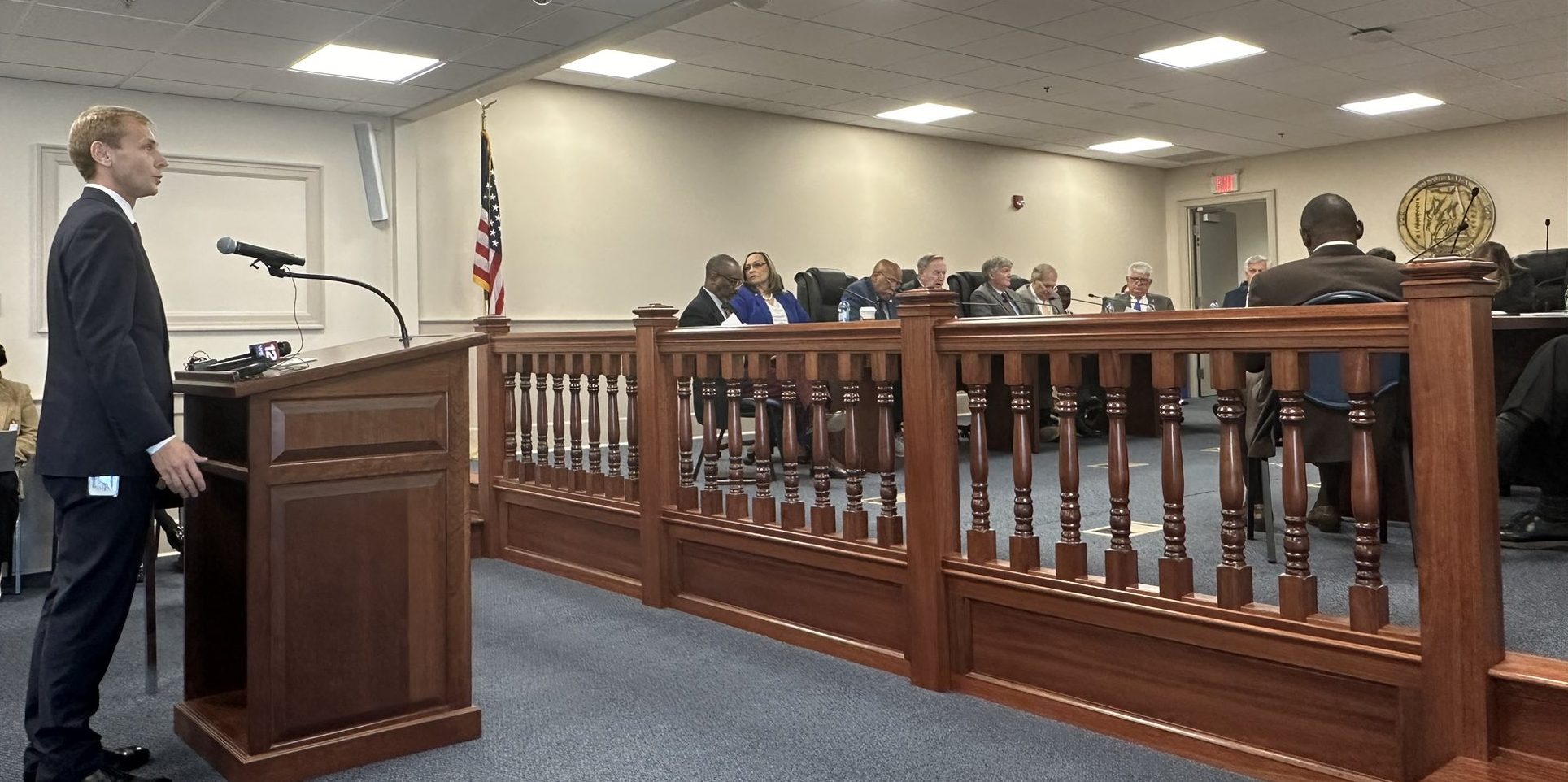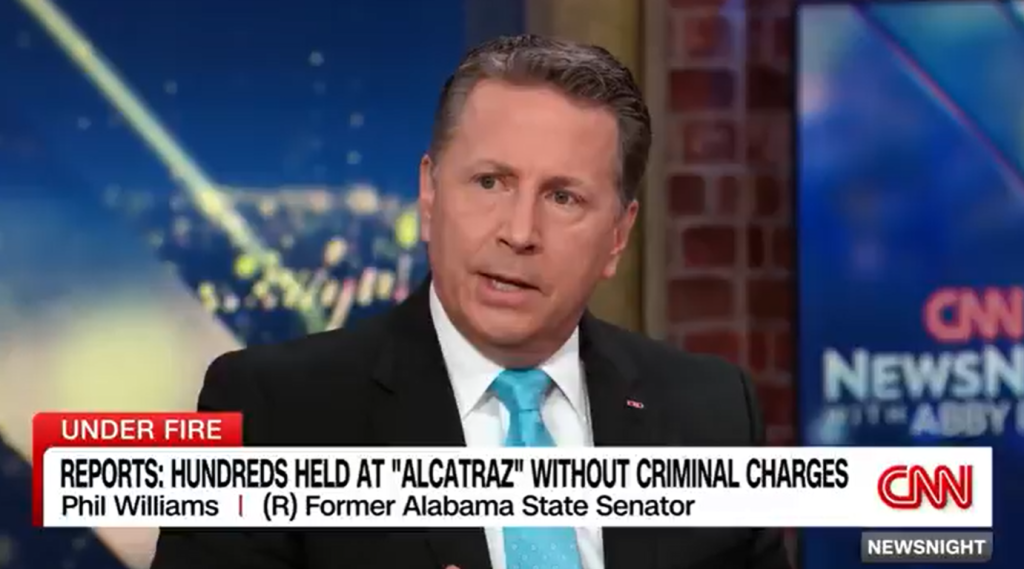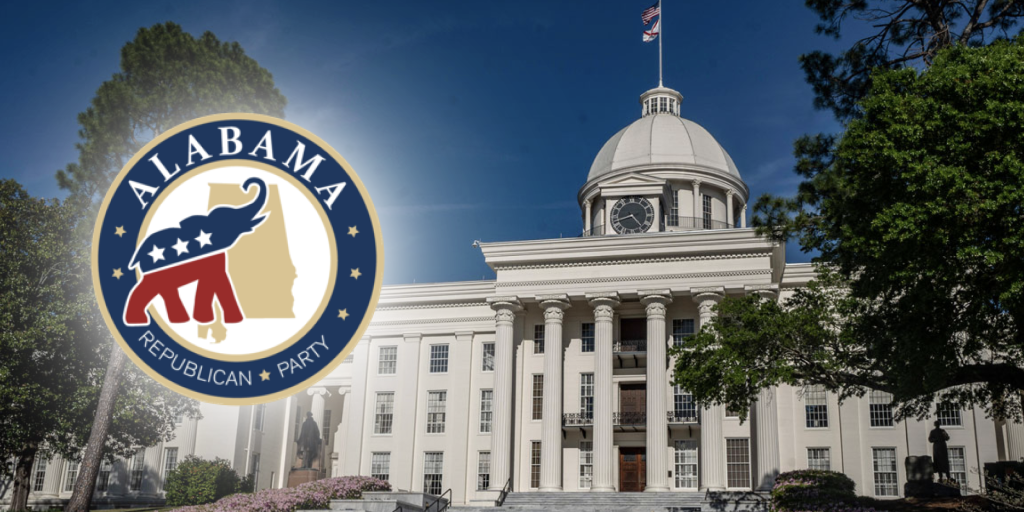On Wednesday, the Senate Finance and Taxation Education Committee met for a public hearing on the Creating Hope and Opportunity for Our Students Education (CHOOSE) Act of 2024. The Choose Act would provide education savings accounts (ESAs) for parents of children to use in providing education services for those children.
Senate Bill 61 (SB61) is sponsored by Committee Chairman Arthur Orr (R-Decatur).
Orr said that he and State Representative Danny Garrett (R-Trussville) were asked to work with Alabama Governor Kay Ivey on an education savings accounts format in October. It took until January for the group to reach a bill that they were comfortable in sponsoring.
“A lot of changes were made between October and January,” Orr said. “You know that this committee had a bill last session, that in my opinion and many of yours, was very high dollar and very expensive. I had real concerns that the education budget would have difficulty sustaining the high dollar amount that was in that bill. This bill is much more moderate and sustainable going forward.”
Orr said that public education interests have met with him and expressed concerns about the fact that the bill, which would cost at least $100 million a year and that number is not capped. Orr said that he has reached an agreement in principle on that; but that he did not have a substitute bill to present on that just yet.
The Governor’s advisor on education policy is Nick Moore.
“The ETF itself has grown by $2.5 billion, over 40%, since Kay Ivey has been governor,” Moore said. “At the same time, we have got to recognize that our K-12 public school population during the Ivey administration has shrunken by 1.2%.”
“The governor believes that we can concurrently address and continue investing in our traditional public schools while also being a state that is recognized as having the most education freedom and choice options for families,” Moore said. “What the Choose Act will do is make sure that if there is a student that has some unique circumstances. They may just not be having their needs met by their resident district school due to the fact they are not fitting in in their current environment. This also picks up where some of the other traditional and school choice options you perfected last year like charter schools and the school accountability act pick up. The idea is that we are addressing public education and then also making sure that we have the most school choice options at our disposal.”
RELATED: Ivey debuts universal school choice bill backed by legislative leadership, budget chairmen
“This is also a bill that as we get into it you will see, balances the policy considerations of a host of stake holders – both those that are very vocally supportive of universal school choice and also that want to make sure that we have prudent policy, academic, and fiscal measures on here to make sure that this is in balance,” Moore continued. “What this bill would do is provide for an advance refundable tax credit that would provide $7000 to an eligible participating student in an eligible participating school,” Moore said. “An eligible participating school could be a public school that chooses to participate.”
“If a public school wanted to allow out of district students, as some do, they would be able to do so and the student could use this to pay for the out of district fee,” Moore explained. “A school that chooses not to have open enrollment – they would not have to do so under this bill. So $7,000 for a student that enrolls in a participating public or private school and then $2,000 for a home school student or $4,000 for a family that has gotten more than one home school student – whether that is two or five they would get four in that circumstance.”
“This program would be the Choose Act fund,” Moore said. “That not less than $100 million would be appropriated to the Choose Act program fund.”
Moore said that there are also concerns about accountability.
“Something that has come up in a big way on this is around assessment and accountability, and accountability is important.” Moore said. “There are schools that will be participating schools in the Choose Act, if it comes to fruition, that do not teach the Alabama Course of Study; but do have a course of study that is very high quality.”
Moore said that an assessment test for participating schools must be given; but that it would not necessarily be the same assessment as what the state uses.
“A true comparison of apples to apples is to make sure that a school has an assessment that is aligned to their standards,” Moore said. “Nobody is trying to say here that the state is trying to tell a school system what curricula that they are to teach and y’all have been very clear on that.”
“Have an assessment that is aligned to the curriculum that you are teaching,” Moore said. “Have a norm reference achievement or aptitude assessment and there is a precedent in the AAA for that. Certainly, the Department of Revenue has been able to provide those assessment results to parents.”
Sen. Roger Smitherman (D-Birmingham) asked: “Can you tell me right now what the state gives per pupil?”
“$6,900 per pupil this year and that likely is going to move up to $7,100 next year,” Moore replied.
Moore explained that in the first two years the program would be means tested to just families with less than $90,000 in household income. After that the program would open up to all families.
An equal number of speakers spoke in favor of SB61 in the public hearing as spoke against it.
Ashley McLain works for the Alabama School Superintendent Association. She previously represented the Alabama Education Association – Alabama’s largest teachers union.
“You have addressed many of the concerns that superintendents have, we still have a few,” McLain said. “We have talked about two things consistently from a superintendents’ perspective – financial and academic accountability. Financial accountability specifically is necessary to protect the resources of the majority of Alabama students, which is the 720,000 students in Alabama public schools and then to make certain that the money is actually used as you intended it to be. This does address one of our major concerns -it doesn’t send money directly to a parent. It sends it to accredited private schools or education service providers so we appreciate that. But what the bill doesn’t have – there is no monetary cap on the program. The bill says that you will spend no less than $100 million a year, You have given us a floor; but there is no ceiling.”
McLane wants private schools to be forced to take the same test as state schools.
“The academic accountability and that is testing,” McLaine said. “We are constantly being attacked on our academic performance and so if we don’t have a measure. We need to know when we are in a head to head and we can’t do that if we don’t know what their test scores are and we have to have a like-minded test.”
Terri Lathan is the former Chairman of the Alabama Republican Party. She is also a former fifth and sixth grade schoolteacher.
“I rise to support SB61,” Lathan said. “I think this bill brings great news actually” “It is not in conflict and the fine educators who are angels in our classrooms. This is about a parent’s choice with their dollars.”
“Only 2% of the public-school students in states that have school choice move,” Lathan said. “That means that 98% don’t move. They love their schools and they don’t change.”
“There is no doubt that Alabama is ready for this strong school choice bill,” Lathan said.
Dr. Allison King represents the Alabama Education Association (AEA). “Our concerns center around that there is no cap,” King said. “This could easily be $400 million, $500 million, or $600 million a year we are allocating.”
“There is a lack of accountability,” King continued. “There is no requirement that this money stays in Alabama. They could be using it for an online school in Las Vegas.”
Sally Smith with the Alabama School Board Association also spoke against the bill.
“It is no surprise that school boards are not a real enthusiastic supportive of this bill,” Smith said. “We do want to protect the ETF long-term.”
“We were all told that there was a cap on the appropriations and I am glad that we are being told that it is not,” Smith said.
Smith predicted that this would lead to future budget battles as more and more private school parents demand their $7,000.
Orr said that in the event of an economic downturn or proration, “We can drop the amount below $100 million.
There was no vote in committee on the bill on Wednesday. They will address it in their next committee meeting.
To connect with the author of this story, or to comment, email [email protected]













